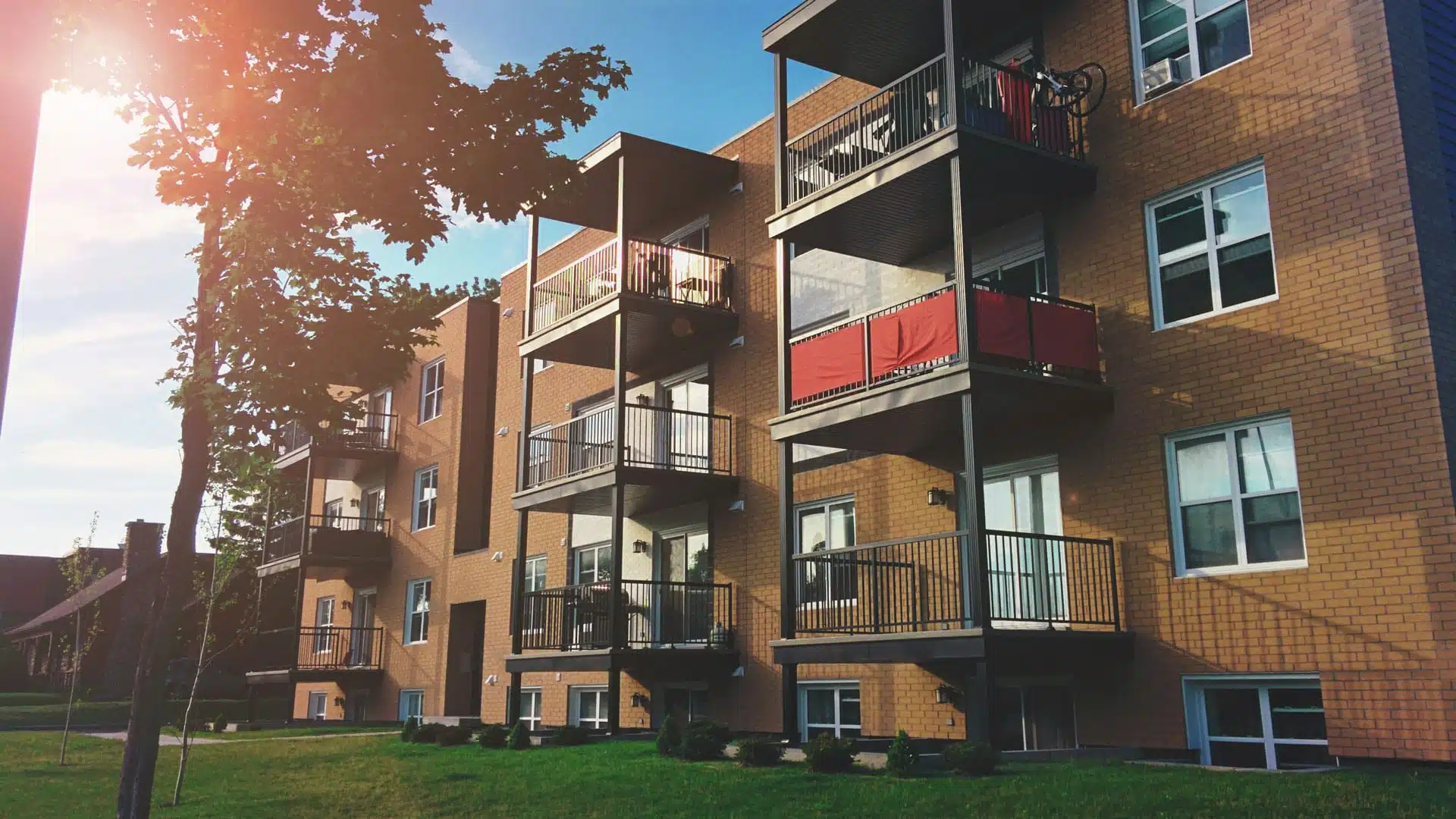Starting university is an exciting milestone, offering opportunities for personal growth, academic achievement, and social connection. However, this new chapter also brings logistical challenges, one of the most significant being finding affordable housing. For First Nations, Métis, and Inuit students, there are several strategies and resources available to help you navigate the housing market effectively.
1) Know Your Options
Typically, university students have several housing options, including on-campus dorms, off-campus apartments, homestays, or continuing to live at home. Each option carries its own costs and benefits. For example, dorms offer the convenience of being close to classes and fully integrated into the university community but might be more expensive than off-campus housing. Off-campus apartments may offer more independence and potentially lower costs, especially if shared with roommates, but may be farther from campus, so you might have to add transportation to your budget.
2) Understanding Costs
It’s essential to fully understand all costs associated with your housing option of choice. This includes not just the rent, but also utilities, internet, transportation, and groceries. This understanding will help you make a comprehensive budget, plan your finances, and ensure you don’t get caught off guard by hidden expenses.
3) Housing Programs for Indigenous Students
Many universities and organizations offer housing programs specifically for Indigenous students. For instance, some universities have designated residences or housing assistance programs for First Nations, Métis, and Inuit students. The Post-Secondary Student Support Program (PSSSP), for example, offers assistance to eligible First Nations and Inuit students. Thoroughly researching all of your options can lead to substantial financial savings and provide additional cultural and community support.
4) Affordable Housing Organizations
Several organizations and initiatives in Canada aim to provide affordable housing for people in need, including students. Organizations like The Housing Registry, BC Housing, and Ontario Aboriginal Housing Services offer various services, from subsidized housing to rental assistance programs. Some of these initiatives are targeted specifically at Indigenous peoples, providing culturally appropriate support and services.
5) Leverage Your Network
Don’t hesitate to reach out to your community for support. This could include your university’s Indigenous Student Centre, social networks, or your home community. Older students or alumni could offer advice on finding affordable housing, and local community members may have leads on affordable rentals or roommates looking to share costs.
6) Consider a Roommate
Sharing a living space can significantly reduce the cost of housing. Roommates can split rent, utilities, and even grocery costs. This solution can also offer companionship and shared responsibility for household tasks. If considering a roommate, ensure they are someone you trust and feel comfortable living with, and clarify all financial arrangements and household task-sharing in writing to avoid future conflicts.
7) Plan Ahead
Start your housing search well before the semester starts. The earlier you begin, the more choices you will have and the better chance you have of finding affordable housing. When you do find a potential place, make sure you fully understand your lease or rental agreement before signing.
Affordable housing is more than just a roof over your head; it’s a significant factor in your well-being and academic success. By utilizing resources, exploring all options, and planning ahead, you can find a housing solution that meets your needs and fits your budget, allowing you to focus on your university journey.


